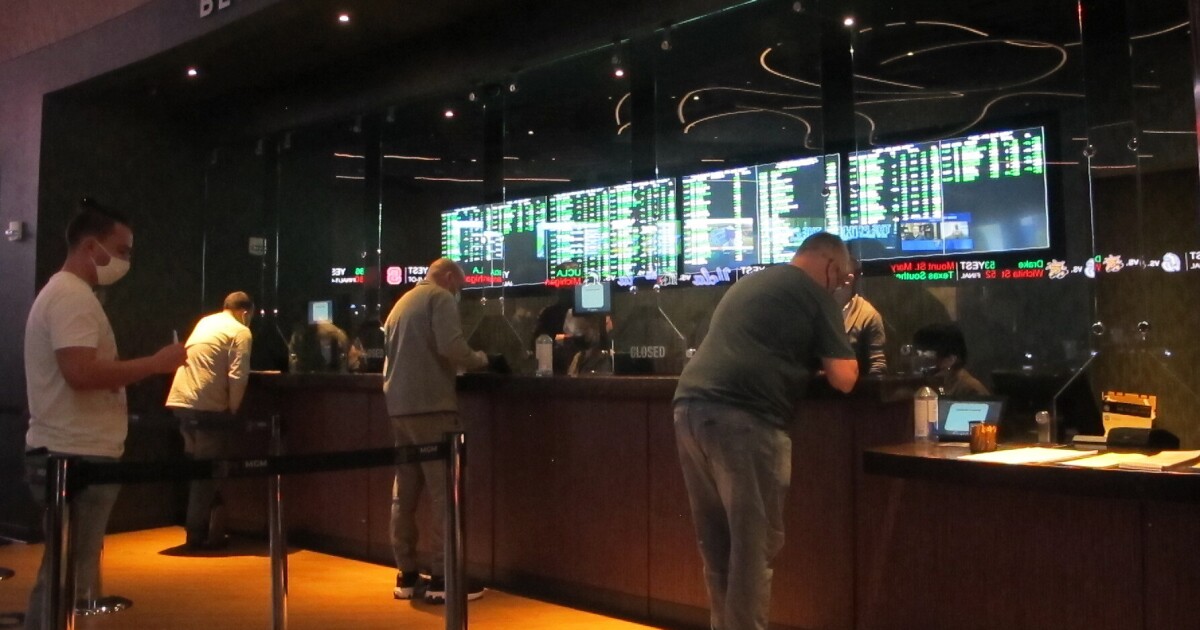SkyCity Entertainment Faces Additional Casino Duty Following High Court Ruling
In a significant legal development affecting its financial outlook, SkyCity Entertainment has been mandated by the South Australian High Court to pay an additional casino duty of $13.1 million. This follows the court’s rejection of an appeal concerning how loyalty points are to be accounted for in the casino’s financial statements, igniting tensions between the casino operator and state regulatory frameworks.
A Snapshot of the Numbers
The investment landscape for SkyCity has taken a hit, with its shares experiencing a decline of 1.5%, trading at $1.30 as of 11:50 PM AEDT. This marks a staggering drop of nearly 25% since the start of January, raising alarm among investors and stakeholders alike. As of June 30, SkyCity had already provisioned for the potential exposure to the additional duty, highlighting the company’s ongoing challenges in navigating these financial waters.
Context of the Ruling
The High Court’s decision stems from a lengthy dispute over the Casino Duty Agreement established between SkyCity Adelaide and the Treasurer of South Australia. This case unfolded against the backdrop of differing interpretations regarding how loyalty points—when converted into gaming machine play—should be reflected in the overall gaming revenue figure used for calculating casino duty.
SkyCity’s legal tussle has been characterized by a complex interplay of tax regulations, contractual agreements, and operational practices within the gambling sector. The ruling serves to establish a precedent, clarifying that credits accrued from loyalty points converted into gaming machine play are indeed to be included in gaming revenue calculations for duty purposes.
Implications of the Decision
With this ruling, the court also sided with the Treasurer of South Australia on a related cross-appeal concerning the interest clause in the casino duty agreement. However, the precise amount of interest payable on the outstanding duty is left to be determined by a Supreme Court judge at a later date. This indeterminate outlook adds another layer of uncertainty for SkyCity, as they brace for potentially increased financial obligations.
According to SkyCity, should the Supreme Court’s ruling be unfavorable, they could incur a penalty interest estimated to be as high as $25.3 million. Notably, the company has chosen not to provision for this penalty interest just yet, asserting that a range of outcomes still exists and that no immediate obligation has been established.
Reactions From SkyCity Leadership
Commenting on this intricate saga, SkyCity CEO Jason Walbridge has articulated the challenges involved, referring to the case as a long-running dispute entangled in highly technical taxation issues regarding the computation of casino duty. He noted, "Both parties decided to seek declaratory relief through the court," acknowledging the inherent complexities that spurred legal inquiries.
As the situation evolves, Walbridge expressed optimism for a resolution, emphasizing the company’s commitment to working closely with RevenueSA to clarify these financial obligations. This proactive approach reflects SkyCity’s intention to stabilize its operational stance amidst mounting pressures.
Conclusion
SkyCity Entertainment finds itself at a critical juncture, grappling with the ramifications of the South Australian High Court’s decision on its financial health and share performance. As the casino industry continues to navigate the intricacies of regulatory compliance and tax obligations, the outcome of related legal battles—and particularly any forthcoming decisions from the Supreme Court—will be pivotal. For investors and stakeholders, staying informed on these developments will be crucial in understanding the broader impact on SkyCity’s operations and market position. As the dust settles, the focus now shifts to the ongoing legal proceedings and the financial strategies that SkyCity will employ in response to these challenges.













